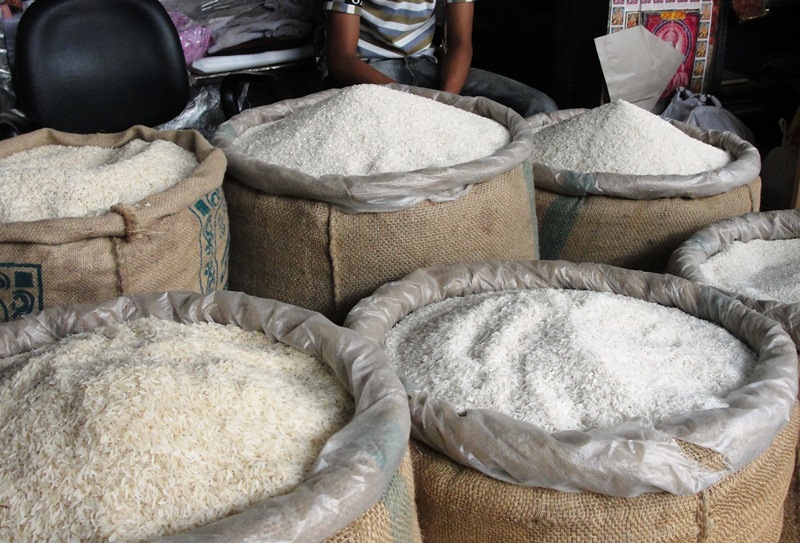Operatives of the National Drug Law Enforcement Agency, (NDLEA), have arrested the founder and General Overseer of Seraphic and Sabbath Assembly, Lagos, High Priest Nnodu Azuka Kenrick, for alleged drug trafficking.
The Director, Media and Advocacy (NDLEA), Mr Femi Babafemi, said this in a statement made available to newsmen on Sunday in Abuja.
Babafemi said that a student of Emmanuel College of Theology, Samanta, Ibadan, Udoka Udezuka and their freight agent, Mary Obasi were arrested over attempt to export methamphetamine and skunk consignments.
He said that the drugs were concealed in kegs of palm oil through the Nigerian Aviation Handling Company Plc (NAHCO) export shed of the Murtala Muhammed International Airport, (MMIA), Ikeja, Lagos, to Dubai, United Arab Emirate.
Babafemi added that Nnodu was arrested on Feb. 1 at his Seraphic and Sabbath Assembly Church located at No 1, Sabbath Close, Ijesha area of Lagos, following the arrest of the two suspects.
He said the suspects, Obasi and Udezuka, were arrested on Feb. 9, at the Lagos airport in connection with the seizure of 283 parcels of skunk.
Babafemi said that the drugs were weighing 14.90 kilogrammes and 204 grams of methamphetamine concealed in four 25-litre kegs of palm oil for export to Dubai.
“In her statement Mary indicted the General Overseer of her new-found church, Nnodu and his son, Chisom Obi, who is now at large, as the persons that gave her the consignments for export.
“She said this was after being compelled to take an oath of secrecy as well as a sacrifice of chicken in the church while High Priest Nnodu prayed for her for the success of the transaction,” he said.
Babafemi said that the suspect, spilling the beans on how she was recruited by her church GO, said the clergyman and his son used threats to compel her to take the job after they knew she had known their secrets.
He also said that Nnodu was always referring to the illicit drugs as Ice and Bible, (Street names for Methamphetamine and Cannabis) in their telephone text message chats.
“The theology student, Udezuka was introduced to Mary to assist her because she was new in the illicit business.
“Udezuka said he was paid N2 million for his role and had to do it because he needed the money for his education,” he said.



